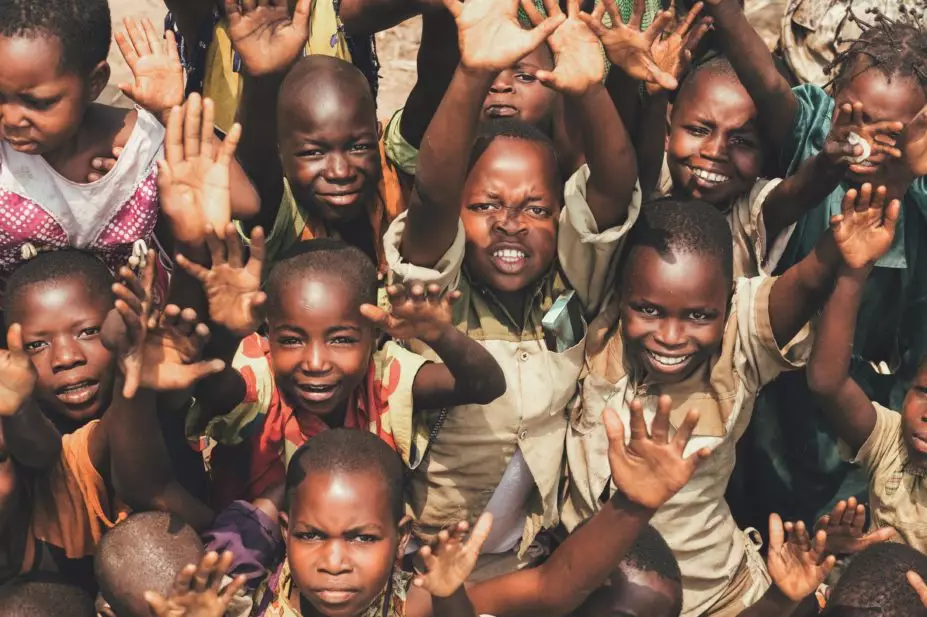
Valeriya Anufriyeva / Shutterstock.com
Progress towards the Millennium Development Goals (MDG) over the past 15 years (2000–2015) has saved millions of lives worldwide thanks in part to dramatic gains in health-related objectives, says a new UN report. Gains have included a reduction in child mortality rates and wider availability of vaccines and life-saving medicines to fight major childhood diseases such as measles, malaria and HIV/AIDS.
The MDGs “reshaped decision-making in developed and developing countries alike”, says UN secretary-general Ban Ki-moon in the MDG’s 2015 report published on 6 July 2015.
As a result of targeted health interventions, mortality rates for under-fives declined from 90 to 43 deaths per 1,000 live births between 1990 and 2015, the report says. It also highlights that measles vaccination helped prevent 15.6 million deaths between 2000 and 2013.
Similarly, in the fight to combat HIV/AIDS, infections fell by approximately 40% between 2000 and 2013 and, by June 2014, 13.6 million people living with HIV were receiving antiretroviral therapy worldwide, up sharply from 800,000 in 2003.
However, Ban concludes that for all the remarkable gains, “I am keenly aware that inequalities persist and that progress has been uneven”.
The report says the work must continue in the post-2015 “sustainable development goals” era and notes that, with regards to health, “vigorous efforts are needed to scale up care, intensify services and research, ensure bold policies and supportive systems, and improve prevention”.

